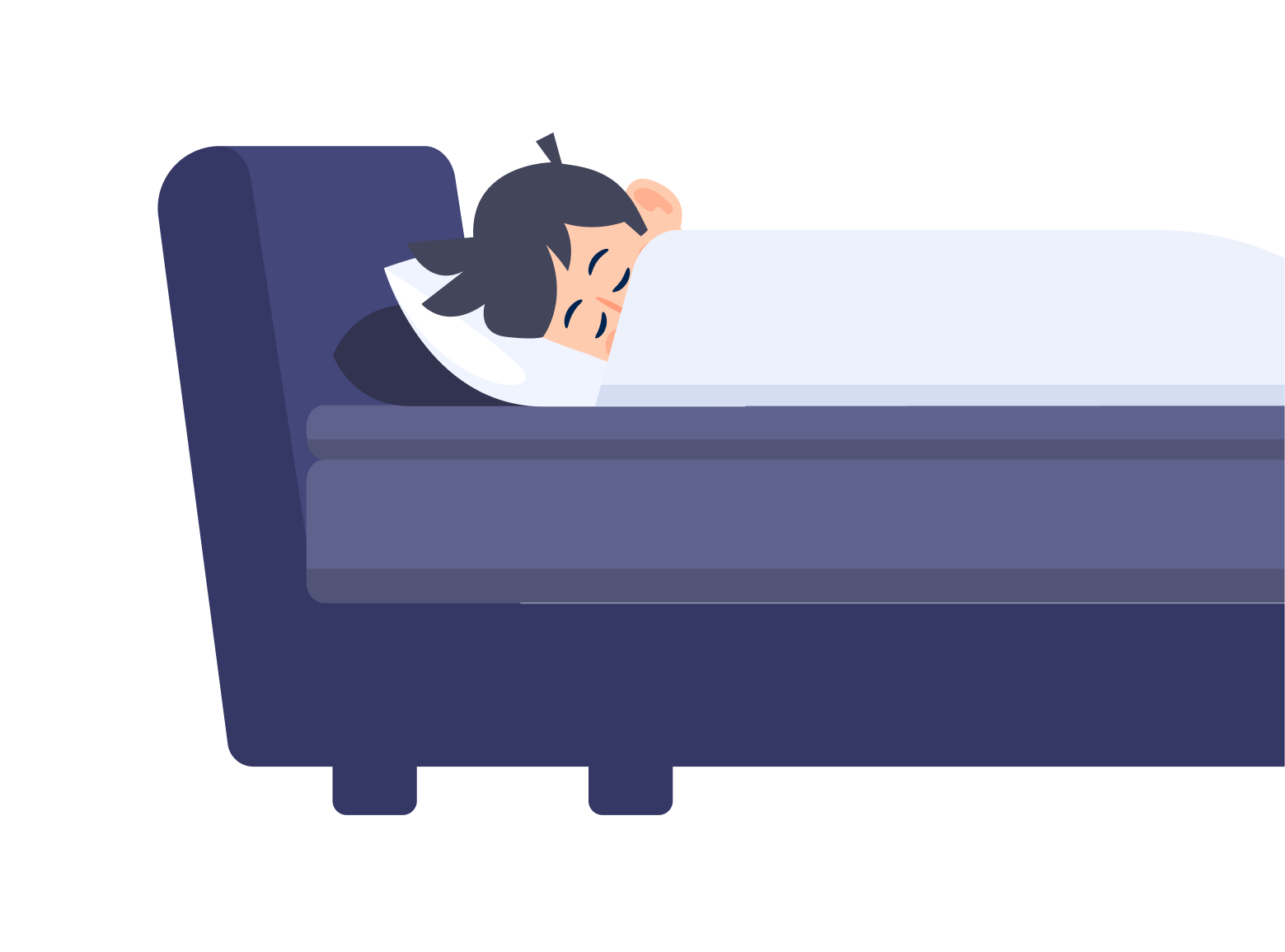Unraveling the Mysteries of Dreams Dreams do more than narrate our night; they are deeply linked to our mental health. This article uncovers how dreams offer critical insights into our psychological states.
Dreams: Reflecting Our Inner Psyche Dreams are not mere figments; they reflect our subconscious fears, hopes, and desires. Importantly, they often mirror our mental health, revealing hidden anxieties and conflicts. Recognizing dream patterns is essential for understanding our psychological well-being.
Detecting Mental Health Issues Through Dreams Notably, recurring nightmares and intense dreams may indicate mental health concerns like anxiety or PTSD. Commonly, dreams involving themes of entrapment or pursuit can signal underlying stress or anxiety. Therefore, it’s crucial to recognize these patterns as potential signs for seeking professional guidance.
The Therapeutic Value of Dream Analysis Moreover, in therapy, dream analysis serves as a powerful tool. Therapists frequently use it to explore the underlying causes of mental distress, aiding in the treatment of various conditions.
The Influence of Mental Health on Dreams Conversely, our mental state significantly impacts our dreaming. Conditions like stress or depression often lead to more vivid and unsettling dreams. Consequently, understanding this bidirectional relationship is vital for both accurate dream interpretation and effective mental health management.
Dreams as a Tool for Mental Wellness Thus, the intricate relationship between dreams and mental health is undeniable. By attentively analyzing our dreams, we can gain valuable insights into our mental health, paving the way for improved well-being.








